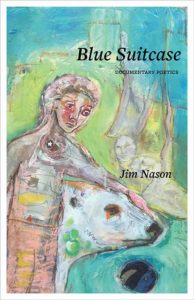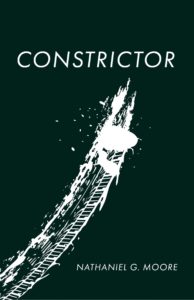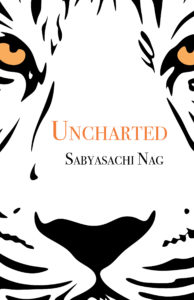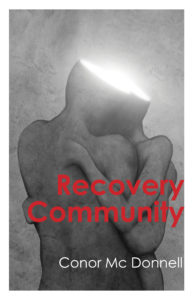O ver the Labour Day weekend I was lucky enough to spend time at a friend’s cottage in the area around Minden, Ontario. I was even luckier to be introduced to the nearby “World’s Smallest Bookstore,” a modest building on the edge of the highway with about seven upright shelving units. With low expectations of finding nothing but airport trash, I was pleasantly surprised to find the place stocked entirely with quality literature. Moreover, I never met the owner, as the store operates on an honour system: you are asked to pay $3 per book into a strong box and write down what titles you’ve purchased (I tried to imagine how long it would take for unscrupulous book dealers to clean the place out with no remuneration if such an operation were tried in Toronto) before you leave.
Among the items I located was a 1969 Selected Poems of Irving Layton, signed by the author — a pretty good value for three bucks. Upon further inspection, I wasn’t so enchanted with the signature (after all, Layton was hardly Thomas Pynchon when it came to public appearances and signed books of his are not hard to come by) as I was with something written in the front by the book’s first owner. In an undoubtedly feminine hand, there appears on the blank verso page before the half-title: “Bought May 3/72, ROM bookstore Toronto, after hearing Mr. Layton read a selection of his poems in the Museum Theatre from 5:30 pm to 6:30 pm. He read…” followed by Layton’s set list for the performance. His poems included some of his quality material like “The Improved Binoculars” and “The Death of Moishe Lazarovitch,” along with showier pieces like “Why I Don’t Make Love to the First Lady.”
First off: they used to have poetry readings at the ROM, which was news to me. Second, I’ve attended hundreds of poetry readings in my life, purchased books at many, and never once thought of doing what this listener did that evening in 1972: write down what was read in the book itself. For those of us with a passing interest in book history, this is a valuable record as, while it does not show provenance, it does give some idea of the circumstances under which the book was purchased. Furthermore, I’ve seen a few other books from that era similarly marked up, which makes me wonder if this wasn’t a convention of serious poetry readers from a bygone time.
Christopher Doda is the author of Aesthetics Lesson and Among Ruins.




























